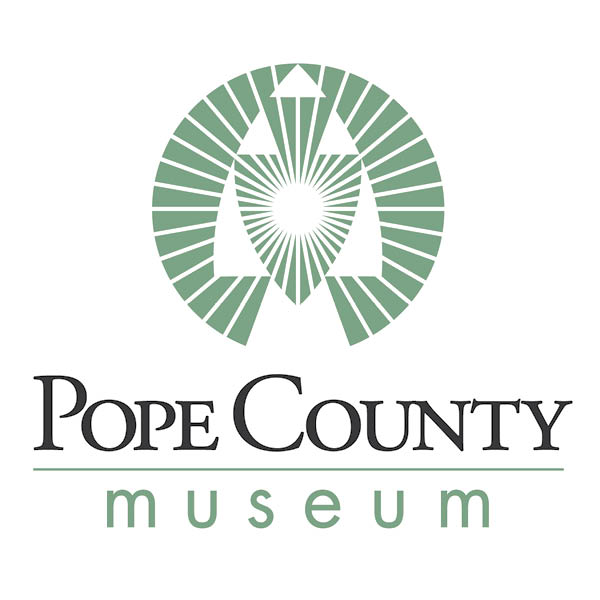10 skills to learn before an emergency
Published on April 10, 2023 at 11:52am CDT
What’s on the Horizon for Public Health
by Marcia Schroeder, RN Horizon Public Health
In past articles, I have shared information with you about preparing for disasters by collecting supplies. Although having a “go kit” and supplies on hand in an emergency situation is important, being prepared isn’t only about supplies. It is also about having skills and knowledge. Here are 10 skills you can learn before you are in an emergency situation.
1. How to wash your hands the right way. Wet. Get Soap. Scrub. Rinse. Dry. Washing your hands is one of the most effective ways to prevent the spread of respiratory and diarrheal infections from one person to another.
2. How to perform first aid. Prompt first aid can help heal small wounds and prevent infection. It is important to know how to care for cuts, burns, and other kinds of injuries. Keep a well-stocked first-aid kit.
3. How to call 9-1-1. Making the call is easy, but you may not know what to expect when you call. Prepare to answer questions about yourself and the emergency. Your answers help you get the right kind of help. Also, don’t hang up until the call-taker instructs you to do so.
4. How to stop severe bleeding. A bleeding person can die from blood loss within five minutes. If you are a bystander, you are the help until professional help arrives. Learn how to apply a tourniquet as a last resort if applying pressure does not stop the bleeding.
5. How to help someone who is choking. Fast action can save the life of someone who is choking. Learn when and how to do both back blows for younger children and abdominal thrusts for adults.
6. How to administer Cardiopulmonary Resuscitation (CPR). You don’t need formal training to perform CPR, but you do need education. “Hands-only CPR” is simple to learn and easy to remember.
7. How to work an automated external defibrillator (AED). AEDs give step-by-step voice instructions. Classes teach how to recognize the signs of a sudden cardiac arrest, when to call 911, how to administer CPR and how to use an AED.
8. How to use a portable generator. Portable generators produce carbon monoxide (CO) which is poisonous. If using a generator during a power outage, remember to always:
o place it outdoors at least 20 feet away from any window, door or vent;
o operate it in a dry area; and
o use a battery-powered or battery back-up CO detector.
9. How to turn off utilities. Household utilities like electricity, water and gas, can pose potential health and safety threats after an emergency. Know where and how to turn them off.
10. How to use a fire extinguisher. Use a fire extinguisher on small fires only. Remember the acronym PASS:
o Pull the pin
o Aim low at the base of the fire
o Squeeze the lever slowly and evenly
o Sweep the nozzle from side to side
Go to https://blogs.cdc.gov/publichealthmatters/ to read more and to click on the links directing you to complete information for each skill.




